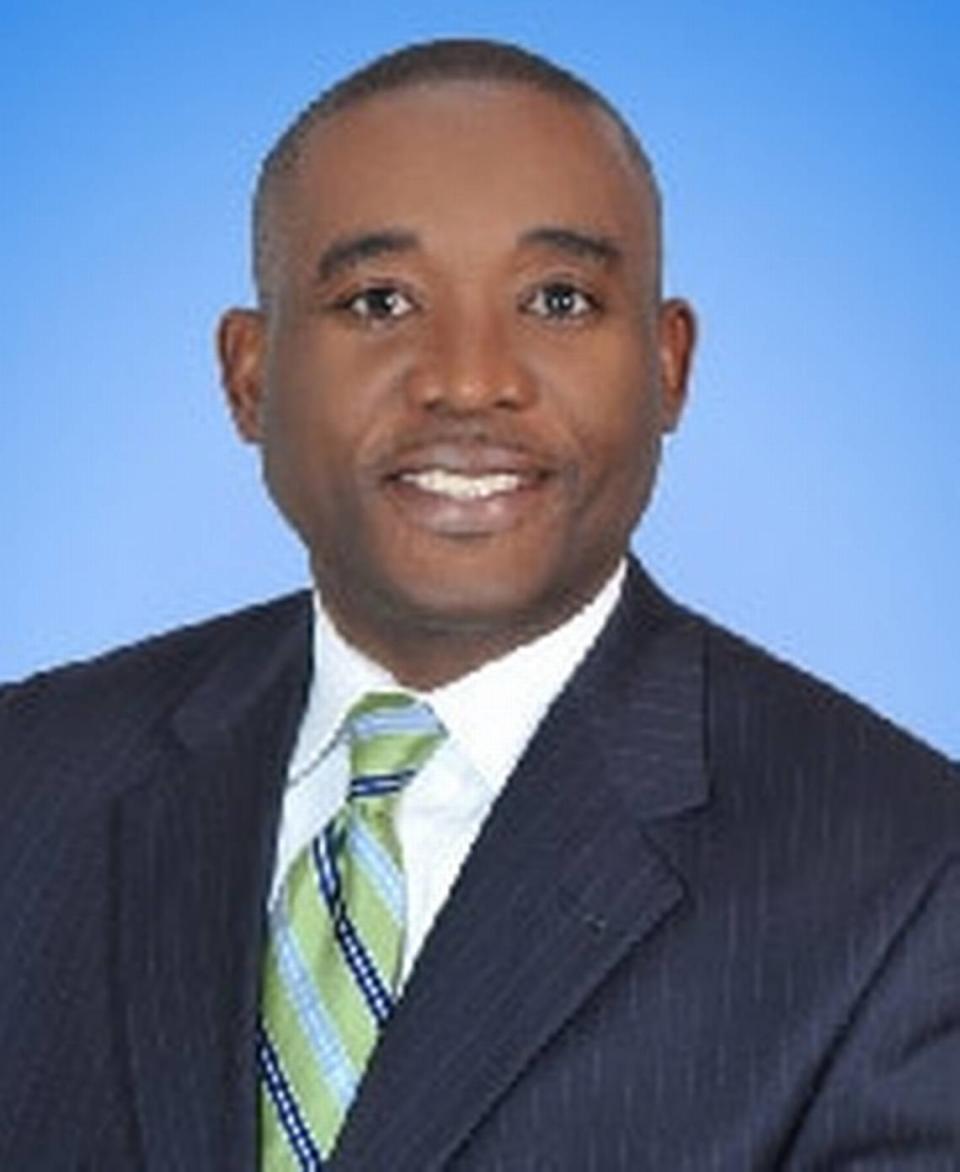Haiti is in crisis. Biden should appoint a special envoy to encourage Haitian-led solutions | Opinion
- Oops!Something went wrong.Please try again later.
As elected representatives of the largest Haitian-American community in the United States, we echo our constituents’ concerns about spiraling crises that have upended Haiti. A 90-minute flight from Miami, Haiti’s stability has significant economic and security implications for this country and the region.
President Biden has an opportunity to reorient U.S.-Haiti policy to bolster Haitian-led solutions and help charter a path back to democratic rule. The immediate appointment of a special envoy would be the critical first step in this pivot.
U.S. policy toward Haiti has been fraught with missteps that have undermined mutually beneficial objectives. For example, in the aftermath of the catastrophic 2010 earthquake that claimed more than 300,000 lives, the United States led a global effort to assist Haiti with more than $13.5 billion in donations and aid pledges. Sadly, this record level of aid, essentially, was squandered, and reconstruction projects failed to address the scale and scope of the challenges the earthquake exposed. What should have been a game-changer was instead another missed opportunity.
Political instability, economic volatility and widespread insecurity have only worsened in the ensuing years. In the decade since the earthquake, the tendency of Haitian presidents to consolidate power and not hold elections has perpetuated a cycle of instability. The Roman Catholic Archdiocese of Port-au-Prince recently likened the worsening conditions — growing political unrest, poverty and a three-fold increase in kidnappings — to a “descent into hell.” The escalating conflict between Haitian President Jovenel Moïse, political opposition and civil society has driven the beleaguered nation to the brink of revolution.
Moïse has governed by decree for more than a year following the dissolution of Parliament, engaging in conduct eerily reminiscent of Haiti’s previous autocratic leaders. “I don’t see how there is anyone, after God, who has more power than me in the country,” he recently proclaimed. This outrageous declaration was preceded and followed by a series of decrees that expanded his power and undermined democracy and the rule of law. This included designating certain acts of protest as terrorism, creating an intelligence agency that answers to him alone and the launch of an unpopular constitutional referendum opposed by voices across Haiti’s political spectrum, including some in his party.
Meanwhile, massacres and kidnappings have been carried out with impunity. Human-rights organizations have alleged state support for armed civilian groups, and last year, the United States sanctioned two former government officials for their involvement in the La Saline massacre.
Harvard Law School researchers recently concluded that Moïse’s administration might be complicit in crimes against humanity. As such, calls for his resignation — and for free and fair elections — reverberate in Haiti’s streets and Haitian-American communities across the United States. This current political crisis is another opportunity for the Haitian people and their international partners to reset relations. Rather than imposing solutions from abroad, this moment is an opportunity for the United States to contribute to a Haitian-led solution.
Biden should grant the request of 69 members of Congress, who wrote to Secretary of State Anthony Blinken , to appoint a high-level, neutral, independent, and well-resourced special envoy to Haiti. He recently made a similar appointment to address overlapping crises in the Horn of Africa. Such a move would convey a sense of urgency, ensure that Haiti’s challenges receive the necessary attention, trigger a top-to-bottom assessment of U.S. policy toward Haiti, facilitate the deployment of additional diplomatic resources and leverage U.S. power and influence to a greater extent in support of Haitian-led solutions.
We also hope that the president will halt deportations to Haiti, redesignate the nation for Temporary Protected Status and leverage the voices of the Haitian diaspora as a foreign-policy tool. Haitian Americans take great pride in Haiti being the first Black nation to gain its independence from European powers. They are eager to contribute in every facet of U.S.-Haiti policy to ensure Haiti’s stability, prosperity and sovereignty.
U.S. policy toward Haiti has played a significant role in that nation’s economic and political stability. Too often, however, such policies have proven counterproductive to achieving shared objectives. With Haiti in the midst of another crisis, Biden has an opportunity to make a difference by appointing a special envoy and resetting U.S. policy.
This bold step would reaffirm the commitment he made to the Haitian-American community during a campaign visit to Little Haiti in Miami and uphold his pledge that “diplomacy is back.”
U.S. Rep. Frederica Wilson represents Florida’s 24th Congressional District, which runs north from downtown Miami to Pembroke Pines. Miami-Dade County Commissioner Jean Monestime has represented District 2 since 2010.



